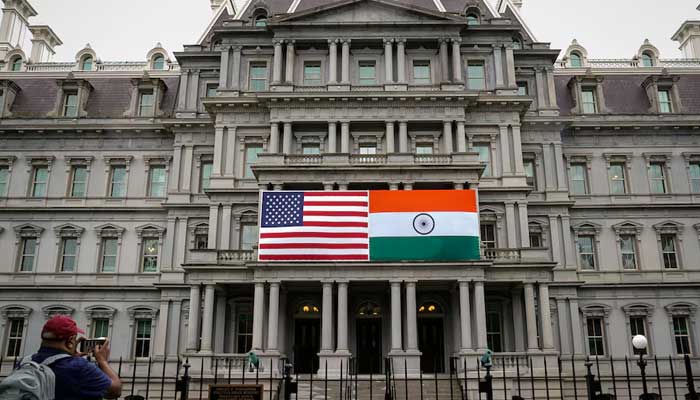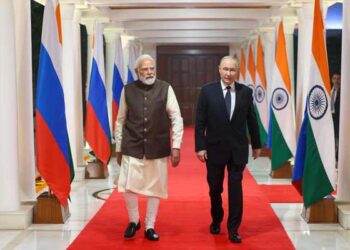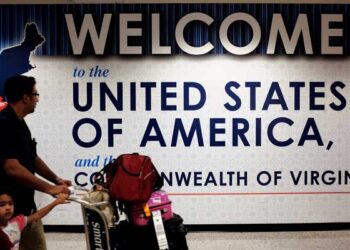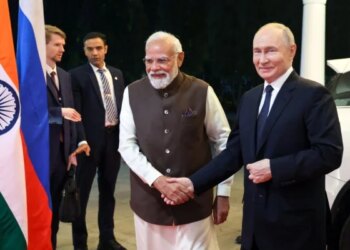Select Language:
India’s foreign minister stated Saturday that trade negotiations with Washington are ongoing, but there are boundaries that New Delhi must uphold—just days before significant additional U.S. tariffs are set to be implemented.
Indian exports are subject to up to a 50% U.S. tariff, one of the highest levies by Washington, triggered by India’s increased Russian oil imports. A 25% duty has already taken effect, with the remaining 25% scheduled for August 27.
The planned visit of U.S. trade officials to New Delhi from August 25-29 has been canceled, dashing hopes for a reduction or delay of the tariffs.
“Some red lines exist in our negotiations; they need to be maintained and defended,” said Indian Foreign Minister Subrahmanyam Jaishankar during an Economic Times forum in New Delhi, emphasizing issues affecting farmers and small-scale producers.
Earlier this year, India-U.S. trade talks broke down because India refused to open its sizable agricultural and dairy sectors. The bilateral trade between the world’s largest and fifth-largest economies exceeds $190 billion.
“It’s our right to make decisions in our ‘national interest,'” Jaishankar asserted.
Analysts from Capital Economics warned on Friday that if the full tariffs are enforced and stay in place, India’s economic growth could decline by 0.8 percentage points in both this year and next. Over the long term, such high tariffs might diminish India’s attractiveness as a global manufacturing hub.
Jaishankar characterized President Donald Trump’s foreign policy actions as “unusual,” noting that no previous U.S. president has conducted foreign relations as publicly as Trump does, which he views as a departure from traditional diplomacy.
He also pointed out that Washington’s concerns over Indian Russian oil imports are not similarly directed at other major buyers like China and the European Union.
“If the issue is oil, other countries buy large quantities. If it’s about who trades more with Russia, then bigger traders exist,” he said.
He highlighted that Russia-EU trade exceeds India-Russia trade and mentioned that India’s Russian oil purchases had not been a topic of discussion in earlier talks with the U.S. before tariffs were publicly announced.







